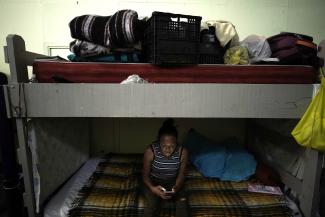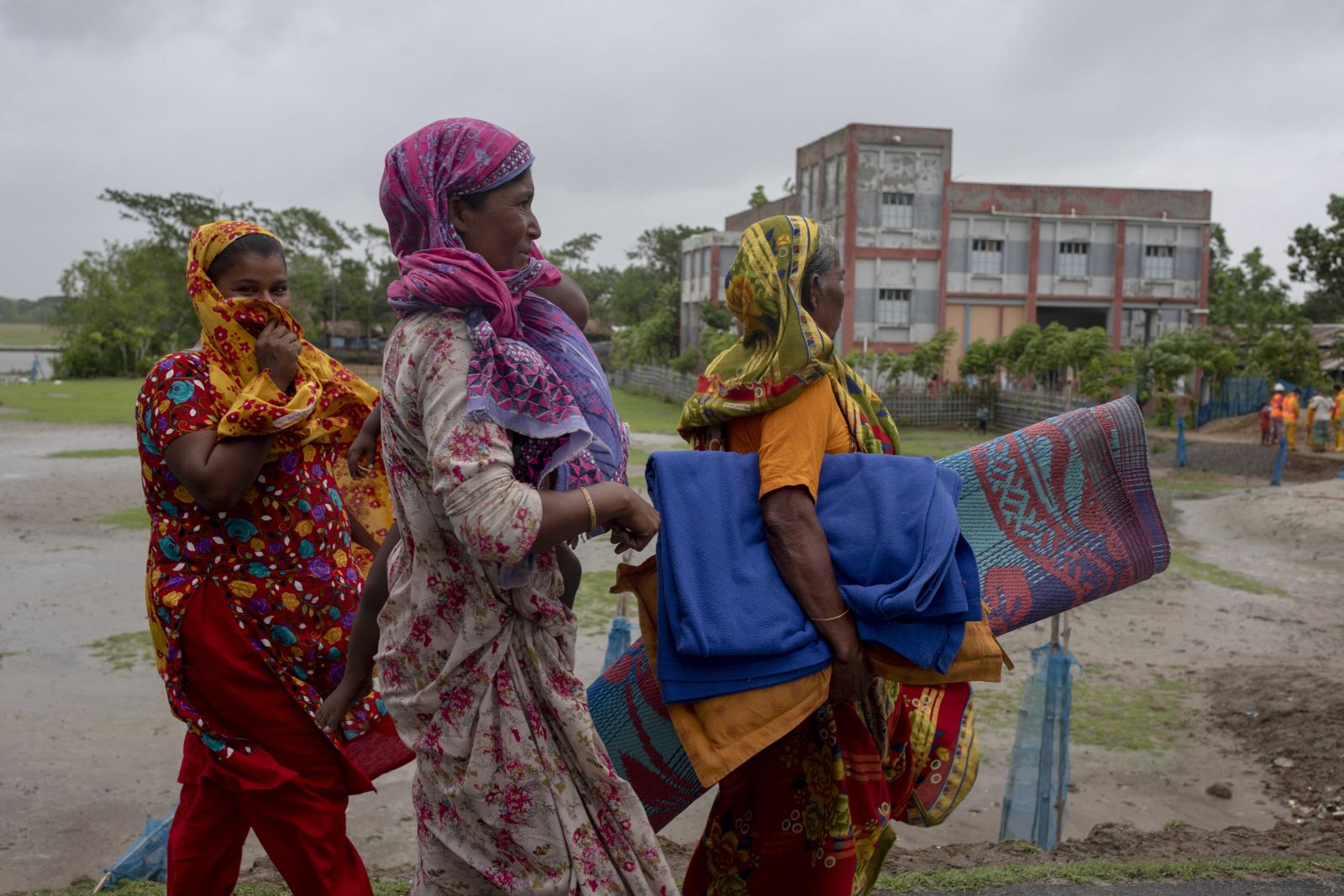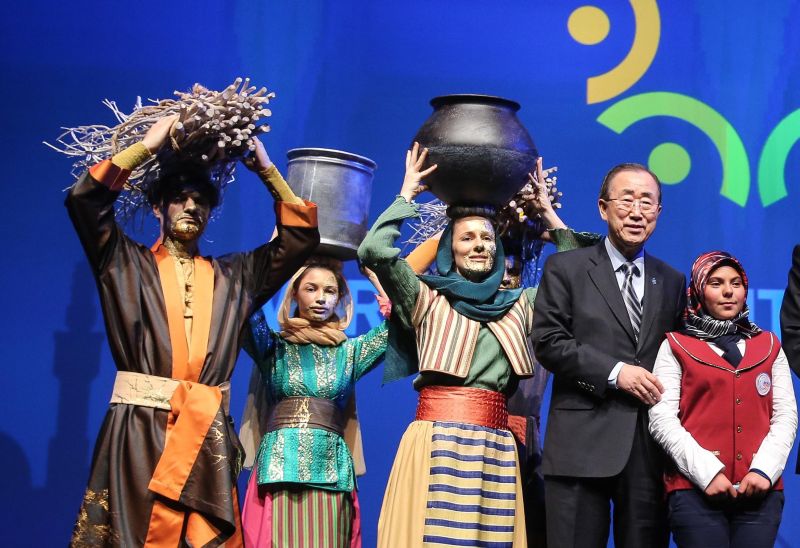Latin America
Why desperate Latin American risk dangerous journey north

A year and a half of mobility restrictions due to the Coronavirus pandemic have not stopped migration in the Americas. In spite of contagion risks and many difficulties on the journey, people keep leaving their homes. Indeed, the economic fallout of the pandemic has worsened conditions in many Latin American and Carribean countries, forcing more families than ever to seek a better life in the north.
The migrants’ journey is among the most difficult ventures imaginable. To many people, however, staying at home looks worse. Migrants describe terrifying scenarios in their native countries. Components include political crisis, organised crime, violent gangs, extreme poverty, climate change and natural disasters.
Some undertake the journey full of hope, without realising they are running the risk of human trafficking, smuggling, disappearances, murders. Some die of thirst in the desert, others drown in the Rio Grande, the border river. The problems are nothing new (see my essay in the Focus section of D+C/E+Z e-Paper 2016/02), but they are getting worse. Despite a brief lull at the height of the pandemic, the numbers are now higher than in 2019. Mexico has seen record numbers of refugees every month since the beginning of 2021.
Mexican government figures show a significant increase in undocumented people. In 2020, 82,379 people were brought before the immigration authorities, three quarters of whom were returned to their countries of origin. In 2021, from January to August alone, the number of undocumented people jumped to 148,903. Of these, 59,080 adults and 5,511 minors were returned home. The official term is “assisted repatriation”.
A significant number of migrants try to legalise their stay in Mexico, waiting for long periods outside of immigration offices for their applications to be processed. But their numbers have overwhelmed the processing capacities of Mexican authorities. Andrés Ramírez, head of COMAR (National Commission for Refugee Aid), tweeted that “by the end of August, 77,559 applications have been registered – 10 % more than in the whole of 2019, when a record 70,423 were received”.
The national origins of all northbound migrants is not known precisely, but some groups stand out. The number of Haitians swelled in 2021 due to political crisis and natural disasters there. Other large groups include Hondurans, Guatemalans, El Salvadoreans, Cubans and Venezuelans.
There is also a large number of Mexican migrants. In fact, Mexicans lead the numbers of asylum applications in the United States. Many want to escape organised crime and gang violence. It has simply become impossible to live in some Mexican towns.
Meanwhile, complaints about temporary shelters for migrants abound. They lack supplies, food and medicines, have poor sanitary conditions, and process applications too slowly. And after enduring these conditions, migrants have no guarantee of a positive outcome.
The outlook is no better for those who make it to the US-Mexican border. Migrants can be stranded before closed borders for weeks or months, in conditions that some describe as violating human rights. In the end, most of them are deported.
Moreover, there is evidence of unnecessary violence against migrants perpetrated by both Mexican and US authorities. This includes border police chasing Haitians on horseback as they crossed the river for food and National Migration Agency officials beating migrants in a caravan. These acts raise serious ethical questions. So does the increased presence of unaccompanied refugee minors, who are exposed to countless risks.
The bigger picture is that migration is a growing phenomenon in the southern hemisphere and is probably here to stay. The countless thousands fleeing untenable conditions are faced with discrimination and acts of xenophobia along their long and dangerous journeys. Nations must find a more humane way to enable people to make their way towards a better life.
Virginia Mercado is a researcher at the Universidad Autónoma del Estado de México (UAEMex) and an instructor in peace and development studies.
virmercado@yahoo.com.mx











